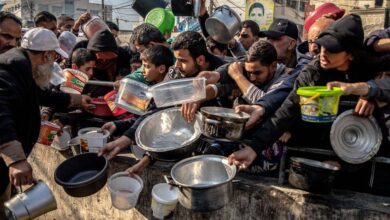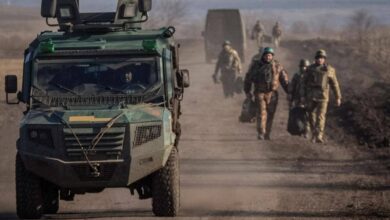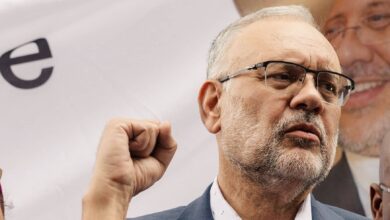
On Thursday, Kyrgyzstan announced a historic agreement to exchange disputed lands with Tajikistan after the Soviet breakup, which may end a standoff of decades between two neighbors in Central Asia.
The border region has been the site of repeated, deadly clashes since the two nations gained independence in 1991, driven by rivalry over water and resources. Although a border demarcation treaty was agreed upon last December, clear territorial concessions had not been made public until now.
According to the new treaty, Kyrgyzstan will receive approximately 25 square kilometers (10 square miles) of land from Tajikistan in exchange for land and increased access to shared water resources. Kamchybek Tashiev, the director of Kyrgyzstan’s secret service, said that talks have reached a decisive stage, enabling them to be discussed openly in the Kyrgyz parliament.
“Under parliamentary oversight, the presidents will sign the treaty, then ratify it, leading to a final treaty between the two states,” Tashiev stated.
The deal also provides for the marking of some contested roads as neutral, enabling both sides to use them, and improving access to oil wells. In addition, the authorities will also arrange the relocation of individuals from villages affected by the land exchange, with some villages to be destroyed and reconstructed.
Other accords aim to increase access to a crucial canal for farming, a valuable industry for both countries. The border dispute stretches back to Soviet-era administrative boundaries that did not suit the demands of the mountainous landscape.
The past year witnessed the most violent border fighting since the demise of the Soviet Union, leading to numerous deaths and displacing thousands of residents from their villages.
This new deal is part of a broader thaw in relations among the five ex-Soviet Central Asian states, including Kazakhstan, Turkmenistan, and Uzbekistan. The hope for settlement was underscored by an unprecedented meeting between Kyrgyz President Sadyr Japarov and Tajik President Emomali Rahmon at a UN summit in 2023, giving hopes of a peaceful resolution of long-running disputes.



